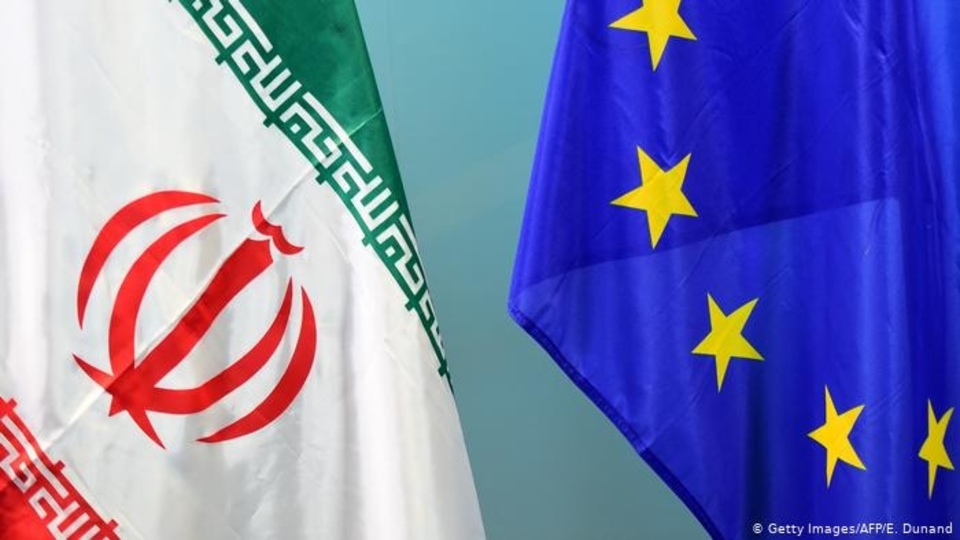Iran and the European Union conducted their first trade deal under the INSTEX payment mechanism on March 31, Tuesday. The deal is for the supply of crucial medical equipment to Iran which faces an acute shortage amid a severe outbreak of COVID-19.
Iran is one of the worst affected countries, with more than 50,000 cases and over 3,100 deaths as of April 3.
INSTEX was devised in 2018 by Germany, France and the UK as a special purpose vehicle to bypass the unilateral sanctions imposed by the US post its withdrawal from the 2015 Joint Comprehensive Plan of Action (JCPOA) or Iran nuclear deal, which was also signed by China and Russia, in addition to the above mentioned countries.
The JCPOA had a clear mandate for Iran to scale back its nuclear programme in exchange for the lifting of all international sanctions imposed on it for decades.
However, the Trump administration termed the JCPOA, signed under Obama, the “worst deal” and wanted to renegotiate it which was opposed by the Iranians. After withdrawing from the deal, the US re-imposed sanctions on Iran with the stated objective of bringing its oil exports to zero.
In return, Iran announced a gradual program to scale back its commitments under the JCPOA until other signatories, particularly the EU members, found a way to deal with the US sanctions and safeguard mutual trade. With the view that the JCPOA may be the only way to prevent Iran from acquiring nuclear weapons, the European countries came up with the Instrument in Support of Trade Exchanges (INSTEX) as a barter system to trade with Iran, beginning with non-sanctioned products and gradually moving to oil – Iran’s main source of foreign currency.
However, for the last one year, European companies have been unable to trade with Iran due to US sanctions. The COVID-19 pandemic has provided a strong incentive for the EU to push for the trade of essential goods, mostly medical supplies, with Iran.
The German ministry of foreign affairs issued a statement on its Twitter handle following the completion of this first transaction. According to the statement, “Now that the first transaction is complete, INSTEX’s work on further transactions with the Iranian mirror organization STFI and further develop the mechanism.”
Iran had created the Instrument in Support of Trade Exchanges or STFI in January 2019 as a counterpart of the INSTEX. It has also promised to reverse the scaling back of its commitments under the JCPOA if the EU is successful in further developing the mechanism.
On March 23, the EU also announced humanitarian aid of around EUR 20 million to Iran in order to help the country fight the pandemic.
Meanwhile, Iran’s repeated appeals to the US to lift sanctions in light of the current crisis have failed. Not only has Trump refused to repeal the sanctions, the US issued fresh sanctions against Iran last month.





